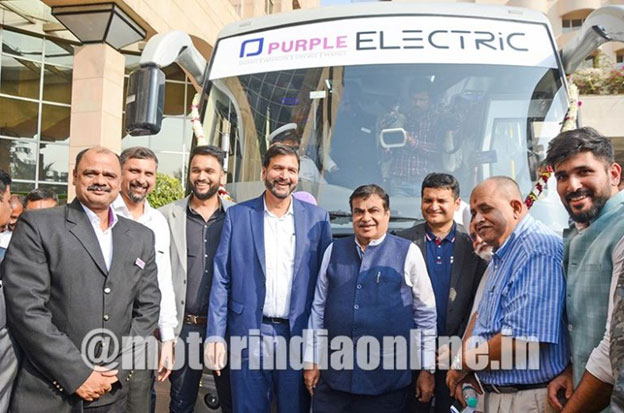Blog
Be in Touch with Us. Section avaliable in English only.GPN Members' Sustainability & Environmentally-friendly practices

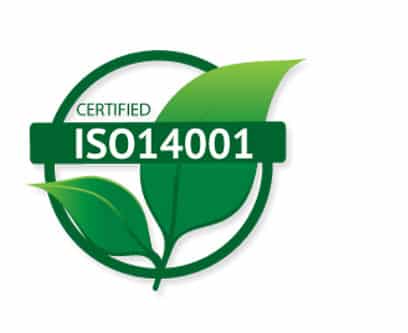
Eco-Friendly Transportation in Sweden
GPN Sweden – Merresor, has at the core of its belief that group transportation is both more climate and cost-effective means of transport. In addition, they use eco-friendly fuels and smart, future-driven solutions into the mix, enabling them to offer personalized transport solutions that leave a minimal impression on the environment.
Merresor is constantly actively working towards the reduction of carbon footprint through SMART driving whereas at the same time improving continuously operations in key environmental areas: fuel consumption, renewable fuels and energy use. All vehicles run on fossil-free fuels (e.g. HVO, RME, electricity).
Moreover, the Transdev Group – who is an advanced member of the UN Global Compact – is signed up to Fossilfritt Sverige, which has a goal of being fossil-free by 2030.


Eco-Friendly Transportation in Belgium
Eco-Friendly Transportation in Germany
GPN Germany – Eberhardt Reisen started in 2014 with various environment activities outlined below
In 2014 they changed all old bulbs to LED lights in their head office and garage.
In the same year, they were the first bus company in their area which brought to use EURO6 busses. Since 2014 and until today their fleet has 95 % of EURO6 engines and the whole fleet is equipped with a fuel-saving system.
Additionally, they use a telematics system in their busses and coaches to reduce fuel consumption, wear of parts and reduce costs.
In 2016 they have installed a second solar system on the roof of their garage with a power of 80 kW.
Since then the system has a total power of 140 kW.
In 2019 they have changed their IT infrastructure from servers to a cloud system. No servers are needed anymore, which reduces electricity costs and they exchanged old computers and displays for new, more energy-saving equipment.
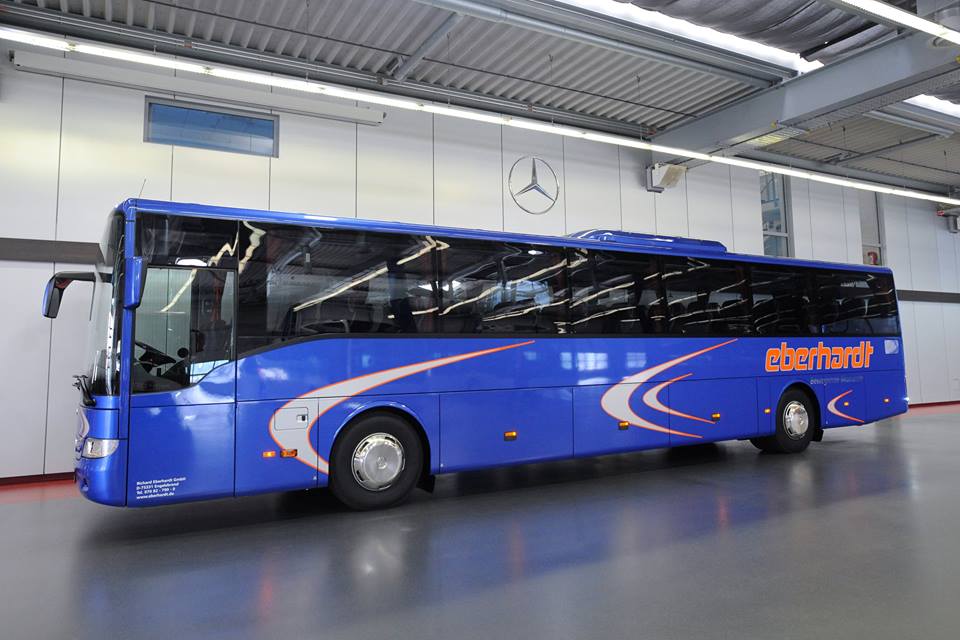

Eco-Friendly Transportation in Ireland
GPN Ireland – EI Travel Group has also adopted a series of sustainable and environmentally-friendly activities that include :
Installation of solar panels which give 11kW electricity on their roofs and this powers all their day time electricity.
Installation of a rainwater harvester for collecting water which is used for washing the coaches
Changing all exterior and interior lights to LED’s and the exterior ones to also have motion sensors so they only come on for a set period when someone is in the yard rather than on all night.
Double insulating all the walls in offices and garages
Replacing windows in garage and offices with double glazing
Replacing heat pumps for eco-friendly versions
Upgrading their telematics systems on coaches to give real-time information on the driving habits of each driver which we can then show their idling times, their braking, cornering etc so this will bring efficiencies and reduce diesel on the coaches.
Installation of new drainage around the diesel tank area as we believe some leakage was seeping into the water table.
Creating an HR policy on sustainability for all staff to understand the WHY behind the changes that are being made.
Introducing a Leave No Trace module in training for all drivers and guides.
Introducing a paperless driver check in the morning where it is done on an app on the driver’s phone and automatically uploaded for our transport manager to see.
Becoming a patron of “The Irish Native Trust” where they donate €1 from each of their day tour bookings to this charity. This charity plants native Irish trees all over the country every year and encourages the changing of land to plant our native trees.
Eco-Friendly Transportation in the UK
Over the years, Grey’s of Ely member of CoachMarque – which is GPN UK – has implemented several low energy or environmentally responsible measures, most of which are listed below.
Building rainwater harvesting with capacity for 4,000litres to wash our vehicles with. Continuous investment in low carbon EuroVI vehicles.
Engineering Technicians that live greater than 20 miles from the depot given electric cars to get to work.
Removal of all paper-based roistering, work tickets, driver defect reporting – this is all now done electronically via portal and app.
All waste tyres are sent for remoulding or recycling.
Onsite fuel storage changed from below ground to overground to ensure no leaching into soil or watercourse.
Extensive vehicle telematics that automatically reports on vehicle idling directly to the driver reducing idle times by up to 800%.
All building lights both internal and external changed to LED and motion-activated.
Timber insulated wall cladding to the office area to absorb heat and sound to reduce heating requirements.
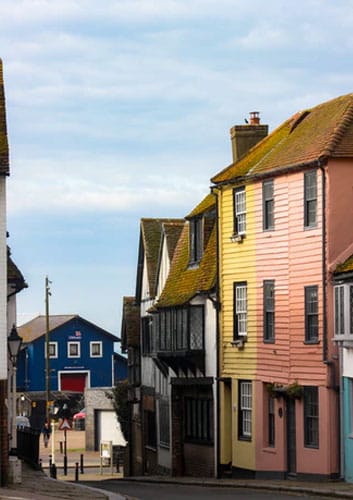

Eco-Friendly Transportation in Switzerland
GPN Switzerland – Marti has set several environmental standards such as:
· Running a fleet of coaches and minibuses which all correspond to the Euro-6 emission standard.
· Implementing driver training for fuel economy.
· Planning routings to avoid unnecessary kilometres, emission and noise.
· The heating of offices runs with ground-water and have a 372kW-Photovoltaik solar system installed on their premises.
Eco-Friendly Transportation in France
GPN France – Saybus and the REUNIR network, have been investing in the energy transition and clean transportation for years. They have been implementing eco-mobility solutions in the network by investing in organic CNG vehicles, electric vehicles and creating working groups on hydrogen.
Their know-how in this field and their technologies include :
✅ CNG vehicles
✅ 100% electric and autonomous shuttle
✅ 100% electric vehicle
✅ Hybrid vehicle
✅ « Cassiopée » the REUNIR eco-driving training tool
✅ « Vélunir » bicycle solution
🕓 Hydrogen vehicles
Moreover, on their operating sites, they have created processes for recycling waste, waste sorting, oil treatment, etc. with the first High Quality built in the region of Paris and Brittany. These sites were built with recycled materials, treat and recycle rainwater for coach cleaning and have installed solar and wind panels to reduce dependency on electricity produced by nuclear power plants.
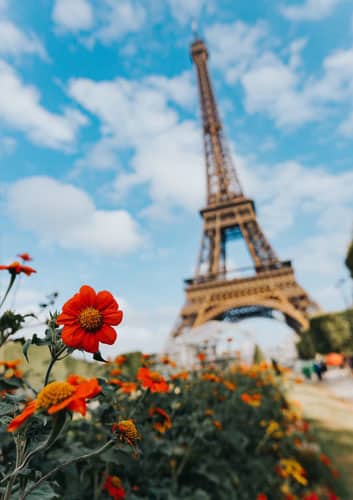
Eco-Friendly Transportation in Slovenia
GPN Slovenia – Nomago ensures safe and comfortable passenger transport with its low-carbon vehicles with the highest level of EURO engines, which reduce environmental pollution and thus contributes to the preservation of green forests. Nomago already uses advanced telematics solutions on most of our vehicles with additional sensors for route optimization for greater safety, a more pleasant ride with fewer emissions.
They are also already transporting passengers by e-buses and plan to purchase new ones for the implementation of long-distance high-speed lines in public passenger transport in Slovenia.
Nomago offers a public bicycle rental system in 4 Slovenian regions as part of our integrated offer of multimodal passenger transport services. They manage more than 20 bus stations in Slovenia, which will gradually transform into local mobility hubs, where the emphasis will be on the use of environmentally and local community-friendly materials and solutions.
To establish an efficient and friendly integrated service experience, Nomago charter team developed a unique reservation platform, which enables paperless business and encourages passengers to use eco-friendly means of transport.
They have also established a 50:1 initiative, where one full bus removes up to 50 vehicles from the road. We believe that instead of investing in new, multi-lane motorways, public passenger transport, green forms of daily migrant transport and an intelligent transport system should be developed, the integration of various passenger mobility service providers should be encouraged and car ownership reduction projects should be supported.
Nomago has signed a commitment to participate in the Edison project (Eco-Driving Innovative Solutions and Networking) with 40 strategic partners. With this project, Slovenia is entering the global development of green mobility technologies and solutions for the future. Their role within the project is primarily to develop and offer smart and green mobility in cities.
Nomago are also actively involved in associations (Circular Change, Center for Energy Efficient Solutions, Green scheme of Slovenia) that promote the innovative climate-neutral circular economy and green technologies, including in the field of mobility. They support the activities of the Slovenian Tourist Board and other public institutions and non-governmental organizations that strive to position and develop Slovenia’s offer as the most sustainable country in the world. We are committed to establishing environmentally friendly and efficient alternative transport.
Nomago are proud to have obtained the ISO 14001: 2015 certificate for passenger transport, fleet maintenance, organization and sale of tourist arrangements. We are pleased that our good work has been rewarded with a certificate, but our view remains future-oriented.
In addition to regular training, Nomago also provides training for employees on environmental protection. We support the employment of local labour, local communities and, as far as possible, local suppliers, and the purchase of environmentally friendly products. They have established a waste management plan and took control over our emissions of greenhouse gases and the consumption of energy, water and disposable materials, including measures taken to reduce them.
Eco-Friendly Transportation in Lithuania
GPN Lithuania – Ollex is a transportation leader within the Baltic states and has put significant effort towards being a more sustainable business. The first thing that Ollex has been doing is making sure that all the busses that are used meet European ecological standards.
To minimize the levels of emission, the company is using new buses that are more energy-efficient and in the meantime, when planning trips for different clients, the team tries to create the most efficient trip so that the bus would travel further distances with less fuel.

Eco-Friendly Transportation in India
GPN India – Prasanna Purple is a company committed to ensuring its activities are focused on a clean and green environment, free of pollution.
A major Green Project implemented in this direction is the Purple City Bus providing multiple benefits that include:
Easing the traffic congestion – 1 bus is equal to 10 cars
Using CNG buses that are even more environmentally friendly
Safety on the road as driving a bus is 79 times safer than an automobile
Cost-effectiveness – based on an APTA study, using public transportation can reduce household expenses significantly
Improvement of air quality through the use of public transportation means less pollution emitted in comparison to single-passenger automobiles.
Offers independence to citizens that do not own a private vehicle
GPN India – Prasanna Purple has also been a pioneer in India operating India’s first inter-city electric bus service taking a leadership position to acquire and start India’s first inter-city electric super-luxury bus service for the Mumbai-Pune-Mumbai route.
For this routing (between Pune and Mumbai) a newly-commissioned pure electric 43-seater bus that has a length of 12 m and is a 2×2 luxury coach will run ensuring a comfortable journey for its passengers whether travelling for business or leisure. Some of the features of this bus include entertainment facilities, ample luggage space, in-built USB charges and comfortable seats. Moreover, Prasanna Purple has set up a charging station for the bus at Pune and Mumbai thus enabling the bus – once fully charged for two hours – to travel up to 300 km at a top speed of 100 km per hour.
The launch of this routing with an electric bus has been triggered by the National Electric Mobility Mission Plan (NEMMP) announced by the Government of India which aims to achieve national fuel security by promoting electric vehicles in the country.
Given the fact that electric buses promise zero tailpipe emissions and a reduction in air pollution, this is a very important initiative of Prasanna Purple especially considering the major amount of diesel consumption of the transport sector in India which accounts for about 70% of the sale of diesel whereas 9.55% of that accounts for buses. The expectation is for electric vehicles to be adopted by the entire nation by 2030 as a future way of transportation with the electric bus playing a major role in this development.
